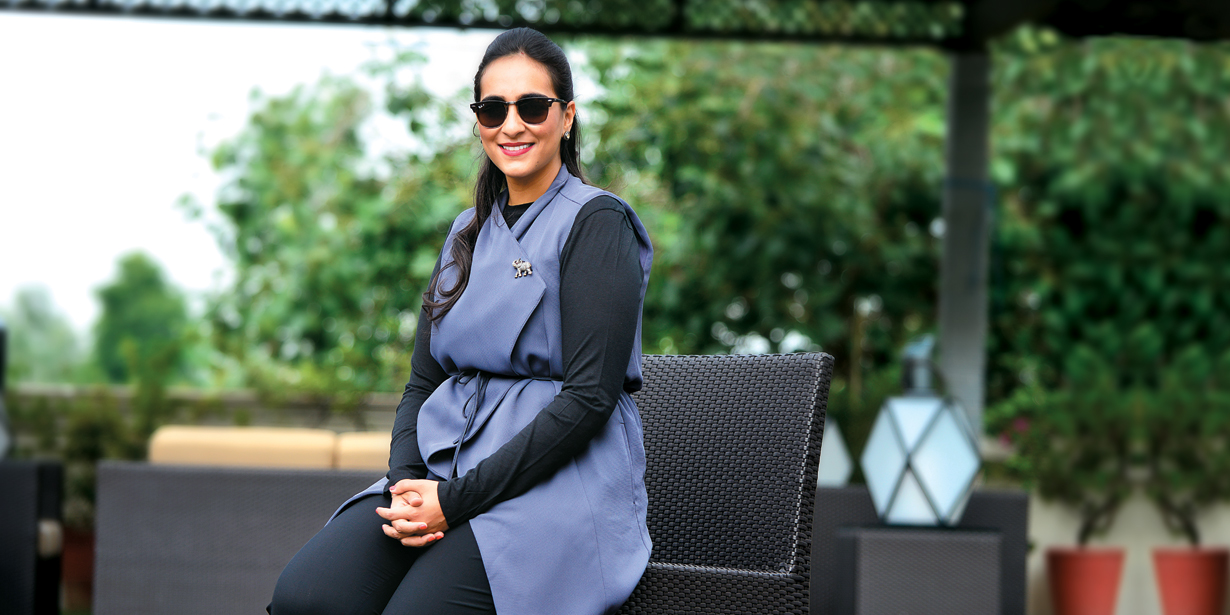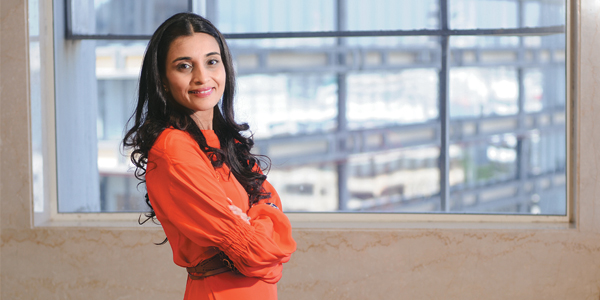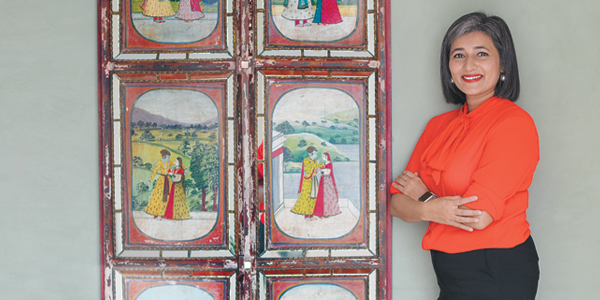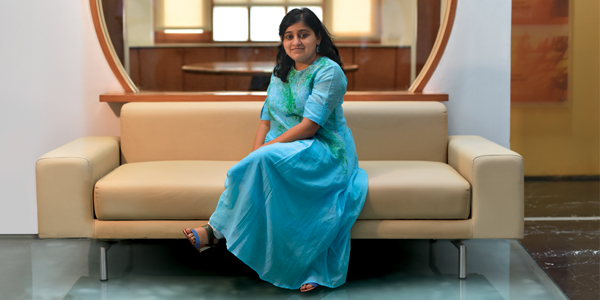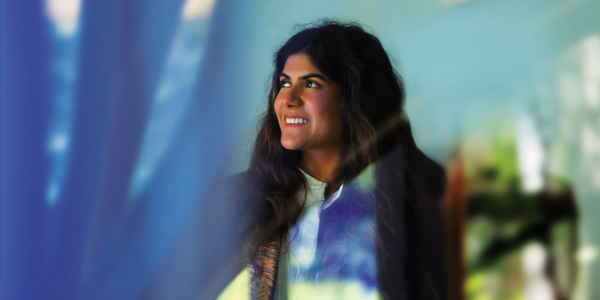Her obvious path was joining the mammoth family business, but Tara Singh Vachani chose to ensure the elderly live happily ever after instead
Tara Singh Vachani, Max group chairman Analjit Singh’s youngest daughter, is treading the untrodden path by venturing into the senior living space
“When I was 17, I lived in France as a part of my break year. I decided to buy my first designer bag,” smiles Tara Singh Vachani, the founder and managing director of Antara – a residential community for senior living and the youngest daughter of Max group’s Analjit Singh. Continuing her story, she says, “I bought a bag that cost around €300-400. When they saw the transaction, my parents called me immediately and gave me a lecture about how spending so much was not the culture of the family. They took away my credit card and said, ‘Now you only get pocket money, you have to make smart choices within that’.”
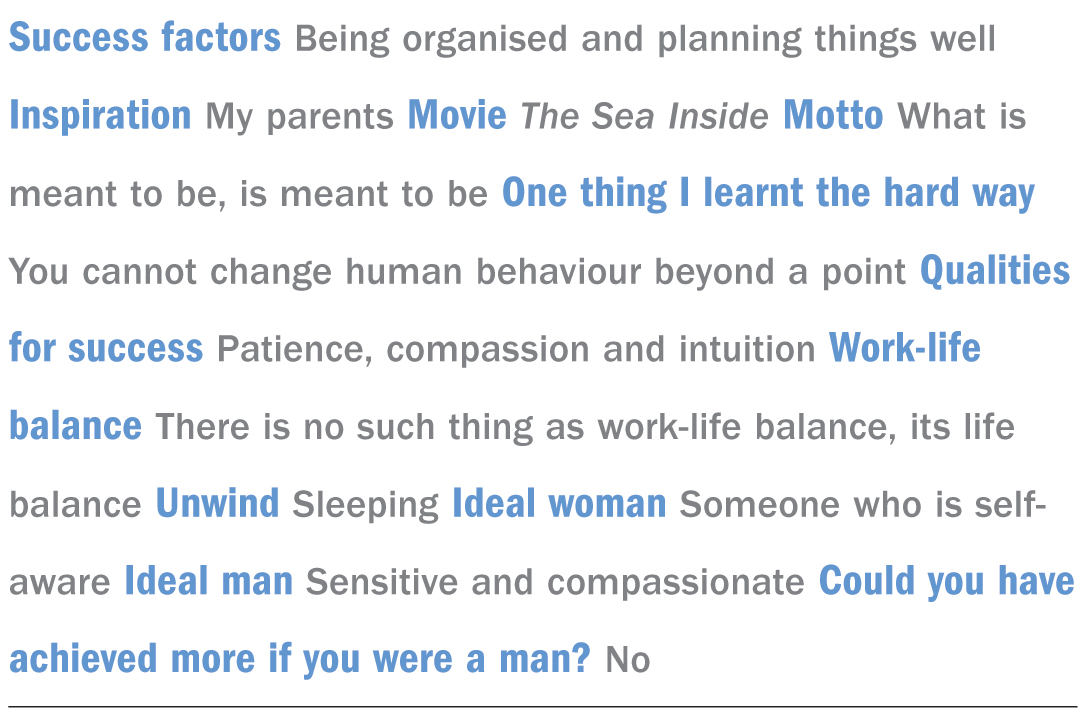 Vachani is grateful that her parents kept her grounded. “Things like these really shaped me. It would have been easier for my parents to not have these difficult conversations, but they did,” she says. The ability to have difficult but necessary conversations got ingrained in her.
Vachani is grateful that her parents kept her grounded. “Things like these really shaped me. It would have been easier for my parents to not have these difficult conversations, but they did,” she says. The ability to have difficult but necessary conversations got ingrained in her.
Getting her wings
Vachani spent her early years in Delhi. After her 10th grade, she spent two years in a boarding school in UK. After finishing school, she took a year off to live in France and study French. When she was all set to get back to UK to study economics, her father visited her and suggested that she give Singapore a thought as well. “I visited Singapore over a weekend and instantly fell in love with the place. So, I started studying at the National University of Singapore in 2005 and graduated in 2008,” she says.
She decided to come back to India when she realised how much opportunity and support awaited her back home. Soon after, Vachani decided to get some exposure in business. “My father agreed and asked me to come and be an intern, or a fly on the wall. So, I joined the corporate development team at Max. I reported to Mohit Talwar, who is currently our managing director. He looked after business strategy, M&A and new initiatives of the group. So, I learnt a lot from him,” says Vachani.
During her stint when Vachani went to Singapore for a possible acquisition, the CEO of the business they were acquiring spoke to her about the concept of senior living. “She told me the senior living space world-over had a lot of potential. Somehow, that conversation stuck in my mind and I came back and told my father that it looked like a very interesting idea to pursue,” recounts Vachani.
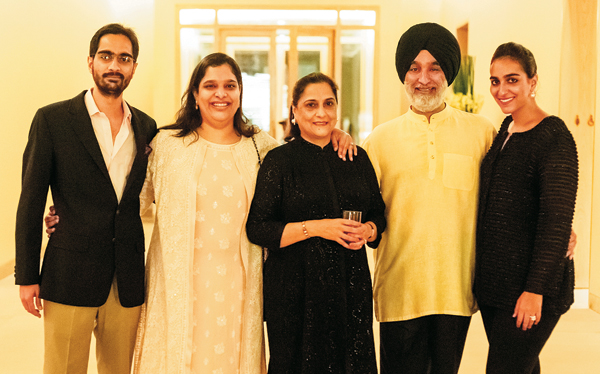
In early 2010, a friend of Vachani’s, who was studying at Harvard Business School, wanted to do an internship in India. So, Vachani started developing the concept with him in July 2010. For the next two years, Vachani did extensive research travelling across the world to study existing senior living models. She ended up visiting 30 such projects. “Finally, by 2012, our concept was ready and we took it to our board. We launched Antara, which became a wholly owned subsidiary of Max group in 2012.” It was a conscious decision to keep Antara a part of the group because of their synergies in healthcare. But they decided to have a separate identity because of its unique concept. “We felt it needed to have its own brand identity, but at the same time the association with the Max group would give people a lot of confidence and comfort,” says Vachani.
While the obvious choice for Vachani would have been to take over the reins of some part of the family business, she decided to pursue her dream project instead. How did her father react to this? “My father has been clear that his children will choose their own path. My brother also has his own entrepreneurial venture which has nothing to do with Max,” says Vachani. Even as most business families send their children to Ivy League schools as part of their grooming, Analjit Singh had a different view. “He felt business management is not something that can be taught, but has to be learnt on the job. So, I didn’t study business,” she adds.
Building blocks
Between 2012 and now, it has taken four years to bring Vachani’s dream project to life and it wasn’t easy. Vachani’s first challenge was to get regulatory approvals. Handling construction was equally tricky. Apart from operational road bumps, Vachani’s single biggest challenge was to sell the concept. “I think educating the market has been far tougher. We need more such projects and incubation of such concepts to be successful,” she says. It has been an uphill task to convince people as to why it exists as a concept and why it cost as much. Her company has managed to sell 60% of the apartments and the first sale remains close to her heart.
“Our very first resident joined us in August 2013. They were a couple from Dehradun and are very special to me. They were one of the few people who really understood the cost structure and benefits,” she says. Apart from them, Vachani has met all the future residents of Antara to ensure that they feel a personal connect with the company.
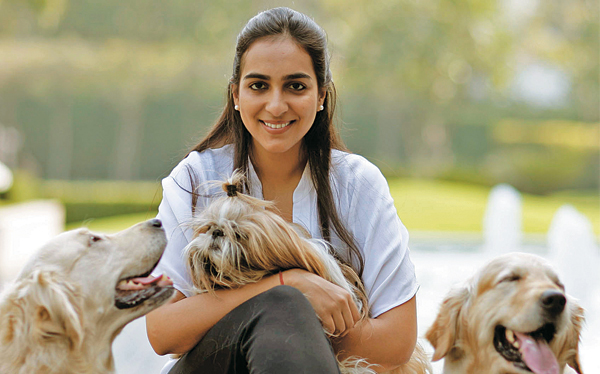
She feels it will take multiple locations for Antara to succeed in the long haul. For now, Vachani has consciously chosen to focus only on the Dehradun project to prove that the model works. “While on a standalone level, Antara Dehradun will not make a financial return, it’s worth it, because every rupee we have spent has taken us closer to a better model,” says Vachani.
So, what gave her the confidence to go ahead when there has been no precedence of such projects being successfully executed in the country? “We have a growing number of senior citizens in the country, but we have no services or infrastructure that caters to them. When we matched the two, we found the space for Antara,” she says.
Learning from the best
Vachani feels that she has been lucky to have very loving but disciplinarian parents. “My parents would not let us get away if we did anything wrong,” she says. She remembers her father reading out quotes from the Gurbani when they were growing up. “My father spent years scripting three to four-page notes on how he expects us to conduct ourselves. Not many parents take out time to educate children in this manner. He also taught me that even when it is much easier to ‘yes’, you have to say ‘no’ when you have to say ‘no’. I use that a lot at Antara.”
Building a successful business is all about taking tough decisions. While she also picked up her father’s attention to detail, Vachani says her single-biggest learning from her father is how he values relationships and takes people along in his journey, and the decisions he makes. For Vachani, life has come full circle, in some sense, as she is married to someone who is as smart and conscious about values and money as her dad. She knew her husband for about 11 years, but they married only three years ago. “I see so much of my father in him in terms of commitment and hard work,” she says.
For all the support she has got from her family, her entrepreneurial journey hasn’t been without its share of self-doubt and intense pressure from different corners. There is pressure to financially recover the money spent, to take care of the team she has created and now, to deliver to residents the quality of life they have been promised. “Yes, there are days when I feel the pressure, but that’s only for the short term. I usually talk myself out of it by telling myself that this is a journey I have chosen for myself and giving up can never be an option.” Despite having it all, Vachani doesn’t take anything for granted and believes she must earn her stripes like anyone else, and is willing to put in the long hours to get there.
